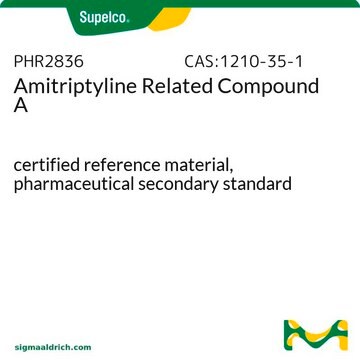24-4490
Potassium dichromate
SAJ first grade, ≥99.5%
Synonym(s):
Potassium bichromate
About This Item
Recommended Products
grade
SAJ first grade
Assay
≥99.5%
form
crystalline
reaction suitability
reagent type: oxidant
availability
available only in Japan
pH
3.5-5.0 (25 °C, 29.4 g/L)
mp
398 °C (lit.)
SMILES string
[K+].[K+].[O-][Cr](=O)(=O)O[Cr]([O-])(=O)=O
InChI
1S/2Cr.2K.7O/q;;2*+1;;;;;;2*-1
InChI key
KMUONIBRACKNSN-UHFFFAOYSA-N
Looking for similar products? Visit Product Comparison Guide
Signal Word
Danger
Hazard Statements
Precautionary Statements
Hazard Classifications
Acute Tox. 2 Inhalation - Acute Tox. 3 Oral - Acute Tox. 4 Dermal - Aquatic Acute 1 - Aquatic Chronic 1 - Carc. 1B - Eye Dam. 1 - Muta. 1B - Ox. Sol. 2 - Repr. 1B - Resp. Sens. 1 - Skin Corr. 1B - Skin Sens. 1 - STOT RE 1 Inhalation - STOT SE 3
Target Organs
Cardio-vascular system, Respiratory system
Storage Class Code
5.1B - Oxidizing hazardous materials
WGK
WGK 3
Flash Point(F)
Not applicable
Flash Point(C)
Not applicable
Personal Protective Equipment
Certificates of Analysis (COA)
Search for Certificates of Analysis (COA) by entering the products Lot/Batch Number. Lot and Batch Numbers can be found on a product’s label following the words ‘Lot’ or ‘Batch’.
Already Own This Product?
Find documentation for the products that you have recently purchased in the Document Library.
Our team of scientists has experience in all areas of research including Life Science, Material Science, Chemical Synthesis, Chromatography, Analytical and many others.
Contact Technical Service







